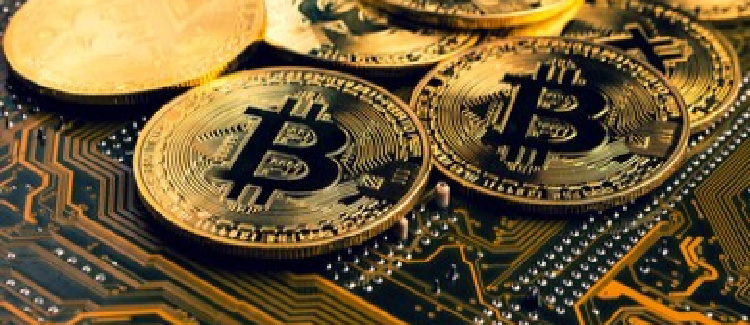Argentina has successfully launched its first Bitcoin futures contract on July 13, marking a significant milestone for the country’s financial sector. The approval of the underlying index by Argentina’s securities watchdog just three months prior played a crucial role in facilitating this development as part of the country’s strategic innovation agenda.
Matba Rofex, the trading platform responsible for the investment vehicle, confirmed that this is the inaugural Bitcoin futures contract in Latin America. In a futures contract, investors speculate on the future price of a commodity or asset, in this case, Bitcoin. The contract obligates buyers and sellers to trade the asset at a predetermined future date.
The Comisión Nacional de Valores, Argentina’s securities regulator, granted approval for the Bitcoin futures index in April, emphasizing the promotion of public-private collaboration in the creation of new financial products. The futures contract will derive its pricing from various market participants offering BTC/ARS trading pairs. All transactions will be settled in Argentine pesos, and traders must make deposits through bank transfers.
Initially, the Bitcoin futures contract will be exclusively available to institutional investors, with no specified timeline for retail investors’ participation. This offering allows qualified investors to gain exposure to Bitcoin in a regulated and transparent environment.
Given Argentina’s struggle with hyperinflation, many citizens have turned to Bitcoin as a means to mitigate the effects. In May, the country experienced a staggering annual inflation rate of 114%, the highest level since 1991, according to Trading Economics.
Brazil is also in the process of evaluating a similar Bitcoin futures contract, backed by the local stock exchange B3. Originally slated for launch on June 30, the release has been postponed to September 30, marking the second delay of the product.
As Bitcoin futures premiums reached an 18-month high on July 4, with a 3.2% increase from the previous week, traders are questioning whether the market is experiencing excessive excitement or simply returning to normal after a prolonged bear market.







